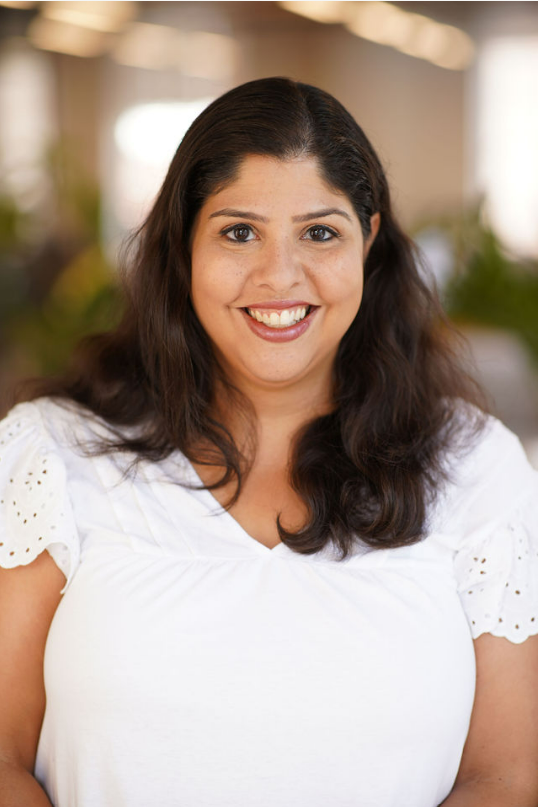The BBC recently published an article on age discrimination in the workplace entitled ‘Over-50s at work: 'You feel your usefulness has passed'’. Although I’m not in that age bracket, I’m certainly not in the first flush of youth either! It made me reflect on the skills and experience I’ve gained not only through the kind of jobs I’ve had throughout my career, but also what I’ve learned from other people – whether they are a line manager, inspirational CEO, or colleague who’s had a different experience to me.
This subject matter also came up a few weeks ago when Acre Frameworks hosted a roundtable attended by Health, Safety and Sustainability leaders. One of the many subjects that was discussed was the lack of opportunity for people with different skillsets and experiences, to share their expertise.
The importance of experience cannot be underestimated - someone could be highly decorated with lots of letters after their name, but real-world experience and learning on the job is crucial.
It’s worth noting that an age-diverse workplace enables an organisation to gain a variety of experiences and points of view, as different perspectives often become a source of innovation. Differences in terms of experience mean that each person brings their own unique skillsets to a business. More mature workers can use their years of experience in the workforce to teach newer employees the ropes and conversely, the newer employees have an opportunity to teach modern technology methods or industry-related skills to the more mature members of the team. The aim is to build relationships that are both cross-functional and span generations.
It was also recognised that organisations need to motivate professionals who have extensive experience to make changes to enable them to go on a development journey. There were different expectations of a safety role 20 or 30 years ago, not only because the physicality of a safety role takes its toll, but in terms of mindset as well. How is it possible to encourage already-skilled people to become re-invigorated and enthusiastic about their current role? Is it about expanding and developing skillsets by becoming a mentor for those with less experience? However, this can only work when an organisation places value on continual learning and skill-building for employees at all levels of experience.
Going back to my initial thoughts at the beginning of the article and thinking of the roles we play at work – as a mentor, coach or friend – I think of the impact it has had. Now with the gift of hindsight and a few more years experience, I hope I have more humility, the wisdom to know when to challenge, and when to be curious. I feel that whatever our stage of life, we all still have value to bring and a legacy to leave behind - but it’s about taking time to know and understand that, which can be the biggest challenge of all.


